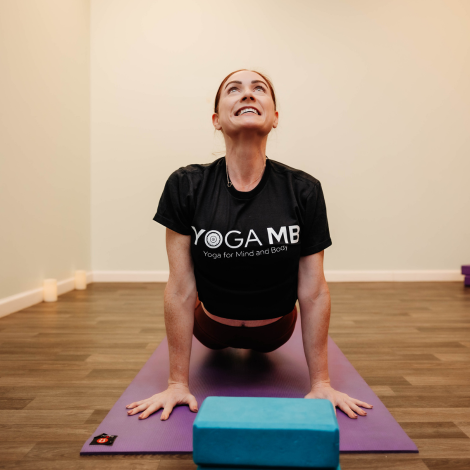Mindfulness and Meditation Could Be Your Stress SOS
Feeling Overwhelmed? Here's Why Mindfulness and Meditation Could Be Your Stress SOS
Stress. It's like that unwelcome guest who just won't leave, no matter how many hints you drop. But before you resign yourself to living in a perpetual state of tension, let's explore two ancient practices that have been helping people find their chill for thousands of years: mindfulness and meditation.
At their core, mindfulness and meditation are all about living in the moment and finding peace within ourselves. Sounds simple, right? But with our brains constantly juggling a million thoughts, achieving this state can seem like climbing Mount Everest in flip-flops. Yet, the effort is worth it. Let's dive into the myriad ways mindfulness and meditation can transform stress into serenity.
1. Hello, Zen: The Calming Power of Present Moment Awareness
Ever noticed how stress often stems from worrying about the future or stewing over the past? Mindfulness yanks us out of this time-travel trap, planting our feet firmly in the now. By focusing on our current experience — be it the rhythm of our breath, the sensations in our body, or the sounds around us — we can escape the clutches of stress. Studies show that this simple act of being present can significantly lower our cortisol levels, the notorious stress hormone.
2. Brain Gains: Rewiring Your Brain for Happiness
Meditation isn't just good for your soul; it's a gym workout for your brain. Regular practice can actually change the structure of your brain, strengthening areas associated with happiness and reducing those linked to stress. This isn't just hippie talk; it's backed by science. Neuroimaging studies reveal that meditation increases gray matter density in the hippocampus, known for its role in learning and memory, and decreases it in the amygdala, the stress and anxiety center of the brain.
3. Sleep Like a Baby: Meditation's Answer to Insomnia
Struggling to catch those Zs? Meditation might just be the sleep aid you've been dreaming of. By calming the mind and body, meditation makes it easier to fall asleep and stay asleep. No more tossing and turning with anxiety-fueled thoughts. Instead, you drift off into restful slumber, waking up refreshed and ready to tackle the day.
4. Stress-Proof Your Life with a Daily Dose of Mindfulness
Incorporating mindfulness and meditation into your daily routine can help you build resilience against stress. It's like installing an antivirus program for your mind, offering protection even when stressors come knocking.
A Simple Strategy to Start Your Mindfulness Meditation Journey
Ready to give it a try? Here's a straightforward strategy to get you started on your mindfulness meditation practice:
- Find a Quiet Spot: Choose a peaceful place where you can sit comfortably without interruptions.
- Set a Timer: Begin with 5 to 10 minutes, and gradually increase the time as you get more comfortable with the practice.
- Focus on Your Breath: Close your eyes and take deep, slow breaths. Concentrate on the sensation of the air entering and leaving your body.
- Acknowledge Your Thoughts: It's normal for your mind to wander. When it does, gently acknowledge the thought and then return your focus to your breath.
- End with Gratitude: Before concluding your session, take a moment to feel grateful for the experience and for taking this time for yourself.
Wrapping It Up: Your Path to a Stress-Free Life
There you have it — a beginner's guide to wielding mindfulness and meditation in your battle against stress. These practices aren't just about finding calm in the eye of the storm; they're about transforming your relationship with stress, allowing you to live a more balanced, peaceful life.
Remember, like any skill, mindfulness and meditation take time to develop. But with patience and practice, you'll find yourself navigating life's ups and downs with a newfound sense of calm and resilience.
So, why wait? Begin your journey today, and unlock the peace that lies within you. Your mind (and body) will thank you.

